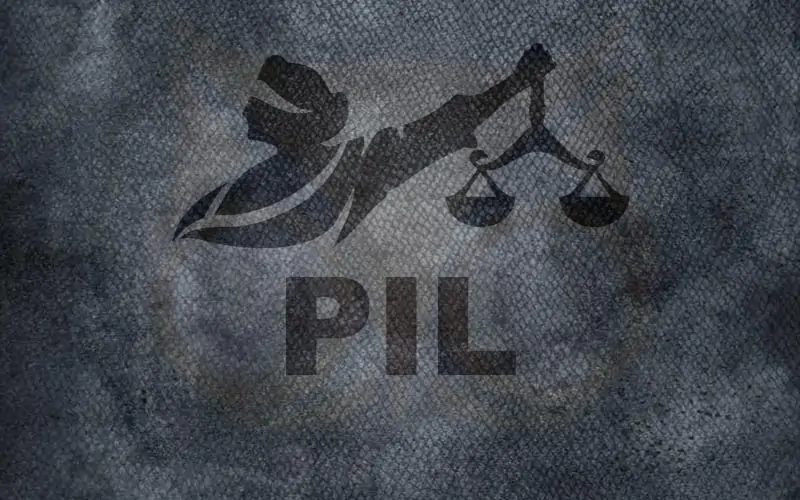Define Organization, And discuss its major characteristics.
Organization is the framework. It facilitates proper utilization of men, material and money for the achievement of goals. When certain goals have to be achieved and when individuals have to come together and share the work and act with understanding over a period of time, an organization is formed. Family is a primary unit of organization, where men and women live and work together for achieving certain goals. Other units of organization are larger, formal and limited objectives. Organization is an integral and an important part of human life.
According to Etzioni, “Without well run organization, our standard of living, our level of culture and our democratic life could not be maintained. We are born in organization, educated by organizations and most of us spend much of our time working for organizations.” Also Andrew Carnegie observes,
Take away our factories, take away our trade, our avenues of transformation, our money. Leave us nothing but our organization and in four years we shall have established ourselves. Organization is also important for implementing administrative actions. Each and every administration require cooperative effort of a number of people and it will be possible if people are organized. Organization is required for effective functioning of the administration.
Meaning of Organization:
Organization according to the dictionary is the work of connecting inter-department parts so that each has a special function, act, office or relation to the whole. Organization enables men to live together. In a statistical sense, organization is a structure manned by group of individuals who are working together towards a common goal. In a dynamic sense, organization is the process of determining, arranging, grouping and assigning the activities to be performed for the attainment of objectives.
Different scholars have defined organization, according to their perspective acknowledge.
According to Pfiffner: Organization consists of the relationship of individual to individual and of group to groups which are so related as to bring about an orderly division of labor.
According to Simon: Organization means a planned system of cooperative effort in which each participant has a recognized role to play and duties and tasks to perform.
According to Schulze William: An organization is a combination of the necessary human beings, materials tools, equipment and working space brought together in systematic and effective coordination to accomplish some desired object.
According to Barnard: An organization as a system of consciously coordinated personal activities or of two of more persons.
Weber defines organization: as a corporate group. He defines organization as social unit deliberately constructed and reconstructed to seek specific goals
Characteristics of Organization: Different scholars have defined the organization in their way and have emphasized on different characteristics of organization.
William Scott defines: Organization as collectivities that have been established for the pursuit of relatively specific objectives on a more or less continuous basis. He emphasis’s the characteristics of organization as:
- A communication system.
- Fixed boundaries.
- A normative order.
- An incentive system.
- Authority ranks.
Barnard have emphasized four characteristics of the organization:
- Communication.
- Cooperative efforts.
- Common objective.
- Rules and regulations.
Etzoini stresses three characteristic of the organization:
- Division of labor.
- The presence of one or more power centers.
- Substitution of member
Victor A Thompson define: An organization is a highly rationalized and impersonal interaction of a large number of specialists cooperating to achieve some announced specific objective. He emphasis on rationality, impersonality and specialization characteristics of organization.
Both, Simon and Schulze William emphasis on the cooperation and coordination characters of the organization.
Out of all these characteristics of organization, there are certain other characteristics which are discussed below:
Structure: A structure, in an organization is required for coordination of human activities. Structure provides various centres of authority to control and coordinate the activities of the individual in the organization. Structure direct the individuals towards the achievement of goal. Coordination among many diverse individuals is not possible without controlling and guiding the activities of various individuals. Therefore there is a hierarchy of authority in the organization.
Norms: Each and every organization has followed some specified norms and standards of behaviour. Such norms and standards of behaviour force every member of the organization to apply it. The employees are bound to behave according to these norms and standards. Through this process, behaviors of the employees are guided by a system of reward and punishment. The desirable behaviour of the employee is rewarded and undesirable one is punished.
Coordination of Activities: Coordination is the important characteristics of organization. The objective of coordination is to achieve organizational goal through various activities, performed by the individual only. An organization not only coordinate its members working within it, but also coordinate all its activities to achieve the goal.
Deliberate avid Conscious Creation: It means, an organization created human group deliberately and consciously. On the basis of contract individuals enter into the organization or create the organization. But if there is any defect and fault, organization has the power to replace them. it also recombine its members through promotion, transfer and demotion.
Purposive Creation: Every organization has created certain objectives which are mutually agreed by its members. An organizational objective is a desired state of affairs, which the organization attempts to realize. The success or failure of an organization depend upon the achievement of its objectives.
Identifiable Aggregation of Human Beings: Organization is an identifiable group of human beings. Identifiable groups does not mean that all the individuals know each other personally, but a group of human beings are identified with the boundary of the organization. Identifiable group of human beings determine boundary of organization.
According to Nicholas Henry organizations:
- Are integrated within a. larger social system.
- Are dependent upon exchange with their environment.
- Are purposeful.
- Are complex human collectivizes.
- Have specialized and limited goals.
- Are characterized by secondary relationship.
- Are characterized by sustained cooperative activity.
- Are provided service and product to their environment.





